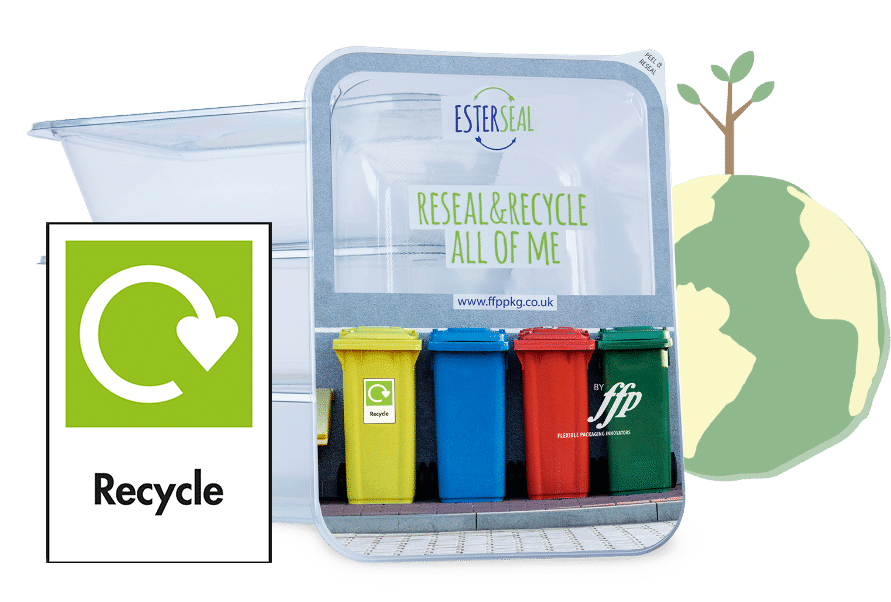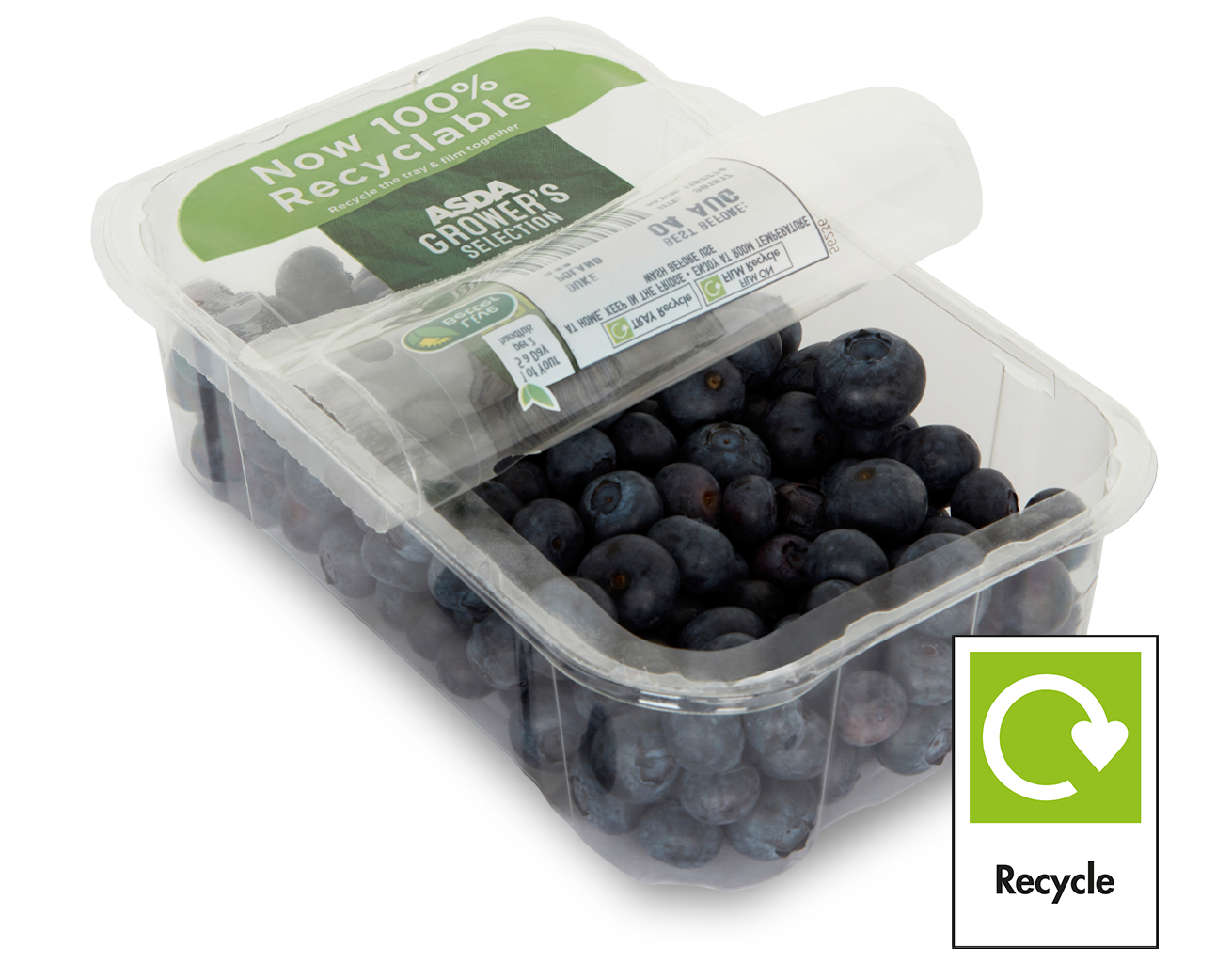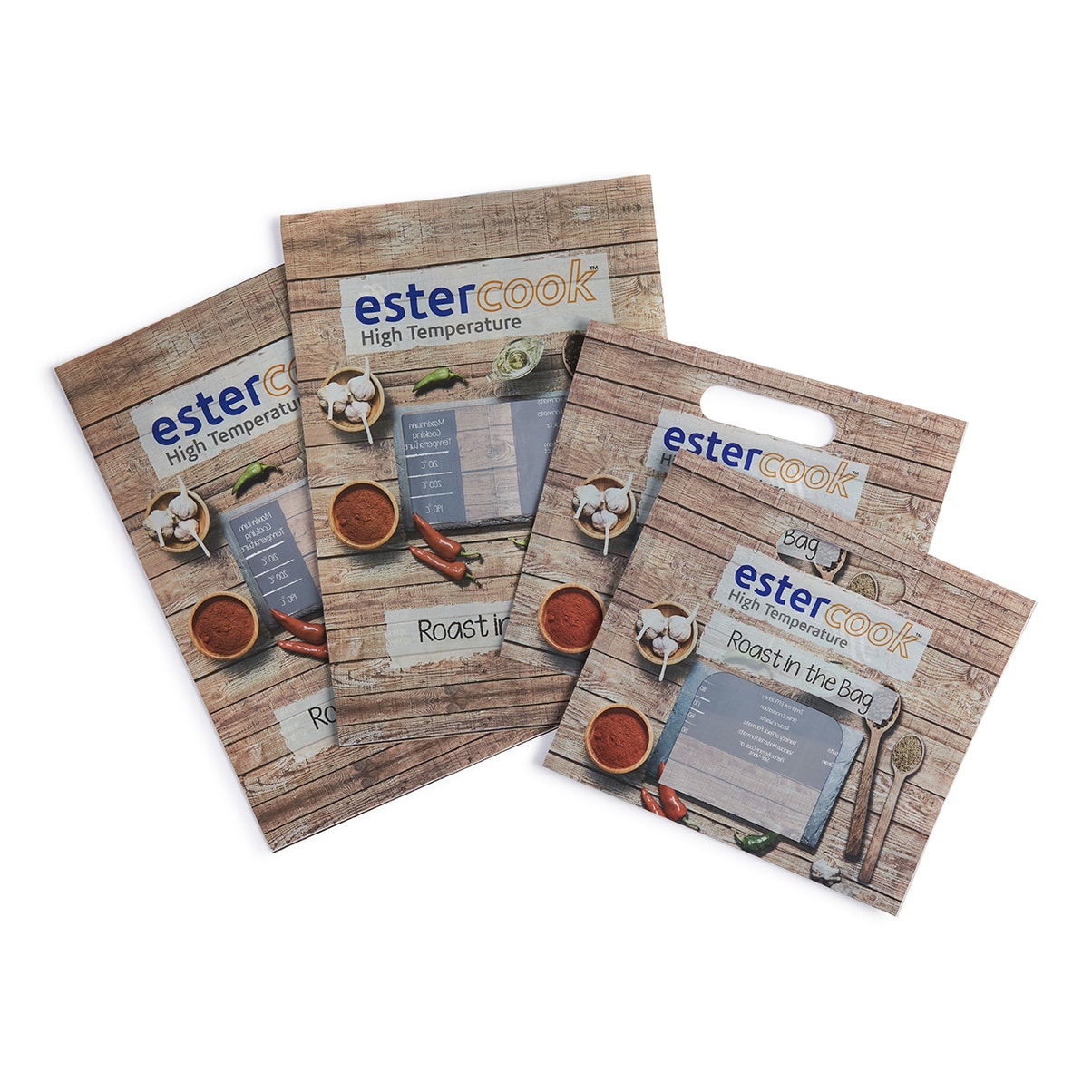How should my business prepare for the plastic packaging tax?
With the new Plastic Packaging Tax coming into effect from 1 April 2022, it is essential to start to prepare for the plastic packaging tax by reviewing your products and processes now to limit the impact the tax will have on your business.
The tax will be charged at £210.82 per metric tonne of plastic packaging containing less than 30% of recycled plastic, either manufactured or imported into the UK. If this includes your business, it is time to start looking at the options available to you to mitigate or minimise your exposure and also start thinking about the administrative requirements that the Packaging Tax will bring.

We’ve pulled together the best ways to prepare for the plastic packaging tax…
1. Check if you’ll need to register and pay the Plastic Packaging Tax
The new Plastic Packaging Tax will be paid by the business that produces the finished plastic packaging component or the importer of this finished component. The Plastic Tax will impact you and your business if:
- You’re a business that manufactures or imports 10 or more tonnes of plastic packaging over a 12 month period – for these businesses, you’ll have to register whether you pay tax or not.
- You import plastic packaging. Packaging that is imported into the UK is liable for the tax (that’ll be paid by the person putting it onto the UK market).
- You’re an importer of packaging which already contains goods, such as plastic bottles filled with drinks. The tax only applies to the weight of plastic packaging itself.
- If, after 1 April 2022, you expect to manufacture or import at least 10 metric tonnes of plastic packaging in the following 30 days (registration must occur within 30 days of the first day).
- Your business uses any packaging which contains less than 30% recycled plastic.
2. Consider how the plastic tax will affect you if you’re exporting goods
We know that businesses importing plastic packaging may be impacted but what about exporting?
- Businesses who have plastic products intended for export can defer paying tax for up to 12 months, from the point of manufacture or import.
- If the products are exported within that 12-month period, you won’t have to pay the tax.
- Where the tax is paid but the packaging is subsequently exported, a tax credit can be claimed to offset against future liability for the tax.
3. Check if you’ll need to keep records
Whether you need to pay the plastic tax or not, it’s always a good idea to keep a record of your packaging, manufacturing and importing. It’s also important to note:
- If you are a business that manufactures or imports plastic packaging, even if it is less than 10 tonnes per year, you will need to keep records of the packaging you manufacture or import.
- You’ll need to know and provide evidence of how much recycled plastic is in the packaging you manufacture or import, whether any of the exemptions apply, and how to provide evidence of this.
- Plastic packaging is assumed to not contain recycled content unless you can show it does.
- Further information will be posted about records later in 2022.
4. Plan for changes to invoices
If you’re responsible for accounting for the tax as a manufacturer or importer, there are a few things to be aware of:
- The requirement to show within your invoice that the tax has been paid has been delayed and will not come into effect in April 2022.
- HMRC encourage you to make the Plastic Packaging Tax you have paid visible to your business customers.
- If you’re charging higher prices to cover plastic tax, then VAT will be charged on the higher price.
- More information regarding invoices will be disclosed later in 2022.
5. Investigate your options to minimise or mitigate the impact of the tax on your business
In the current climate when brands and retailers are trying to move packaging lines over to recyclable solutions, including PCR content represents a significant challenge. This is because PET is the only specification that is fully approved for food contact and commercially viable when containing PCR content. Businesses can then find themselves in the unenviable position of having to make a choice between recyclable packaging or including PCR content.
It is therefore worth reviewing your current packaging and identifying opportunities that will minimise your exposure to the tax whilst keeping in mind your sustainable objectives. This is where FFP can help:
- We can work with you to review your current packaging – are your processes and materials affected by the tax rules?
- We can look at which products could potentially be moved into a material that can incorporate PCR content and how this will affect the sustainable packaging objectives of your business. For those lines that can’t be moved into material with PCR content, we can investigate other alternatives to minimise the impact of the tax.
- FFP’s Esterseal Recyclable Lidding Film is classified as recyclable by OPRL so can be collected at kerbside and it is also available with 30% PCR content, making it exempt from the Plastic Tax. By switching your lidding film over to Esterseal you will be able to tick all of the boxes in terms of moving forward with your sustainable packaging objectives and mitigating the Plastic Tax.
- For businesses that require Ovenable Packaging, FFP can provide a solution that will be exempt from the Plastic Tax. FFP have led the field in ovenable packaging, putting the first fully printed ovenable bag on supermarket shelves. Today, we once again lead the way in innovation and can offer our ‘Estercook’ ovenable packaging with 30% Post Consumer Recycled Content.
- It will not always be possible to incorporate PCR content into your packaging and in these instances, FFP can work with you to investigate how you can lightweight your packaging or use alternative specifications to minimise your exposure to the Plastic Packaging Tax.
Prepare for the plastic packaging tax 2022
This is one you can’t delay on. By reviewing your packaging, you can find ways to reduce how much the plastic tax will affect your business.
For more information from industry experts, get in touch to discuss how FFP can support you on this journey.
Plastic Packaging Tax



Share This: